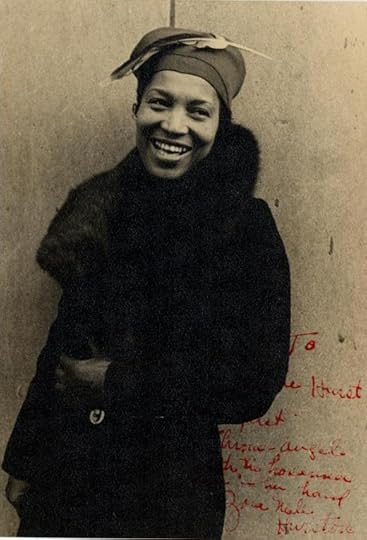What do you think?
Rate this book


233 pages, Paperback
First published March 1, 1997



"She lay awake, gazing upon the debris that cluttered their matrimonial trail. Not an image left standing along the way. Anything like flowers had long ago been drowned in the salty stream that had been pressed from her heart."--
"All the terror, all the horror, all the rage that man possibly could express, without a recognizable human sound."